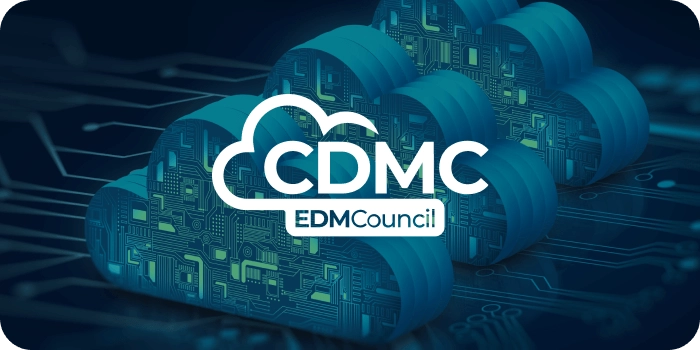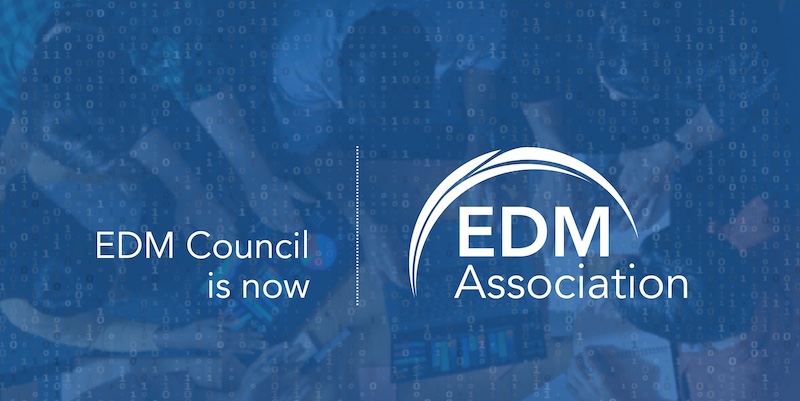Details
Is your data ready for the complexities of BCBS 239 compliance? As the regulatory landscape around BCBS 239 continues to evolve, effective data lineage capabilities remain critical to establishing compliant risk data aggregation and reporting practices, enhancing operational resilience and supporting business growth.
During this webinar our expert speakers will cover:
- BCBS 239 Explained: Emerging challenges and trends, and the value data lineage can provide to your organizations beyond BCBS 239 compliance
- EDM Council’s latest developments and guidance from the BCBS 239 Work Group
- Solidatus Approach: Understand how to simplify BCBS 239 compliance through end-to-end data lineage and governance.
- Live Use Case: See how Solidatus enables you to map your data flows, visualize your data lineage, and simplify compliance.
Speakers





Post-event summary
The webinar titled “Mastering BCBS 239: Enhancing Compliance with Data Lineage,” was hosted by EDM Council and Solidatus and explored the evolving regulatory landscape and the critical role of data lineage in risk management and compliance.
- Philip Dutton, CEO, Founder, Solidatus
- Mehul Modha, Advisory Solutions Engineer, Solidatus
- Stuart Wallace, Director, Financial Services, Data & Analytics, EY
- Stella Cabrebra, Chairman of the board, RMA Toronto
- Moderator: Jim Halcomb, Global Head of Research & Development
The discussion featured experts who examined the challenges financial institutions face in implementing BCBS 239 principles and the growing expectations from regulators. While BCBS 239 does not explicitly mandate data lineage, it is fundamental to compliance, ensuring transparency, data accuracy, and risk mitigation. Stuart highlighted how recent European Central Bank (ECB) guidelines have intensified the focus on lineage, stating, “If you interpret BCBS 239 as making sure you know what your data means, how it is controlled, and where there are limitations, then lineage is at the heart of it.”
The conversation also delved into the practical challenges of implementing lineage at an attribute level, the costs associated with maintaining it, and the need for a scalable, sustainable approach. Solidatus experts showcased how automation, AI-driven metadata extraction, and integrated governance frameworks can reduce complexity and improve efficiency. Philip emphasized the importance of shifting from a reactive “data archaeology” mindset to a proactive data governance approach. Without proper lineage, financial institutions risk losing critical data context over time, leading to inefficiencies, compliance gaps, and operational risks.
Panelists also addressed the increasing regulatory scrutiny on financial institutions, urging them to demonstrate active data management rather than static compliance reports. Financial institutions must ensure that data flows are continuously monitored and well-documented to meet regulatory expectations. The ability to provide auditable, real-time insights into data movement not only strengthens compliance but also enhances operational resilience. Additionally, the discussion highlighted how data lineage can serve as a foundational tool for broader initiatives such as AI governance, risk modeling, and sustainability reporting, reinforcing its value beyond compliance.
Ultimately, the session underscored that data lineage is not just a regulatory requirement but a strategic advantage. Institutions that embed it into their data management frameworks will be better positioned to navigate evolving regulations, mitigate risks, and unlock long-term efficiencies.




